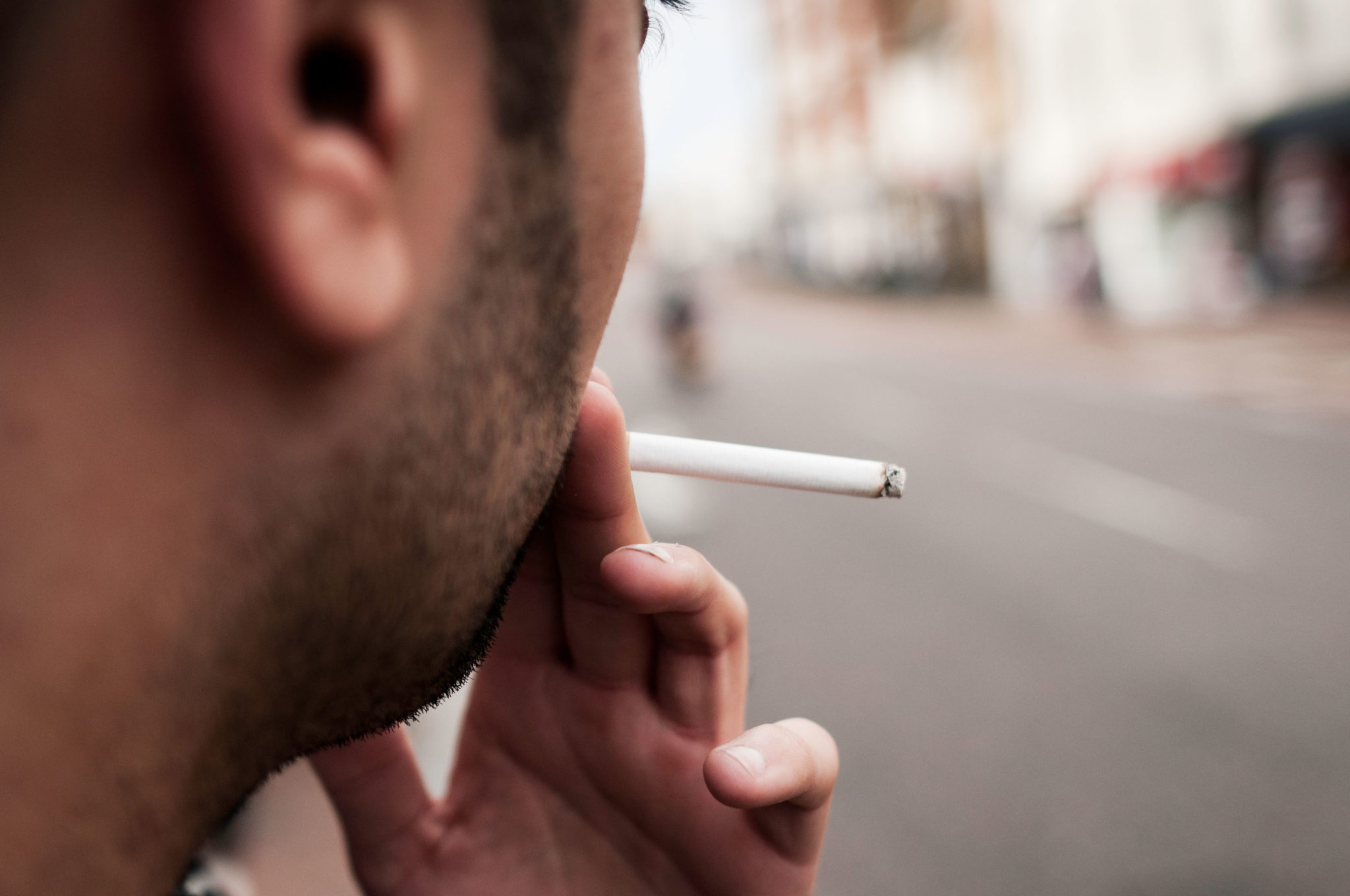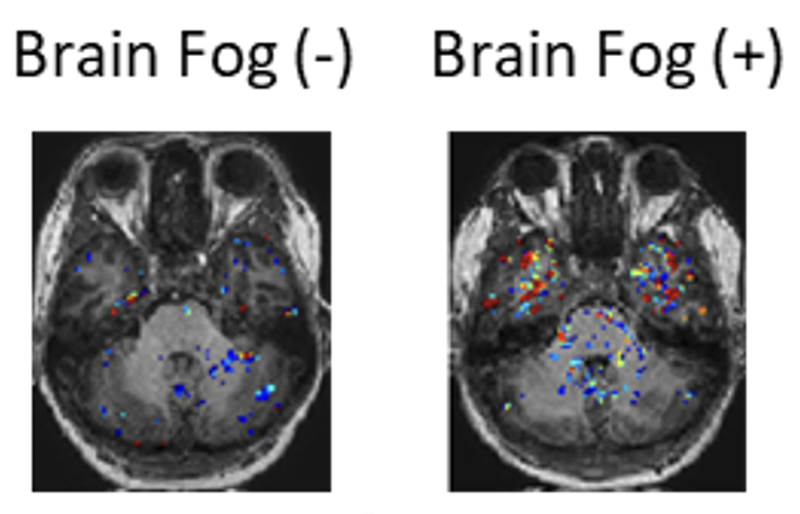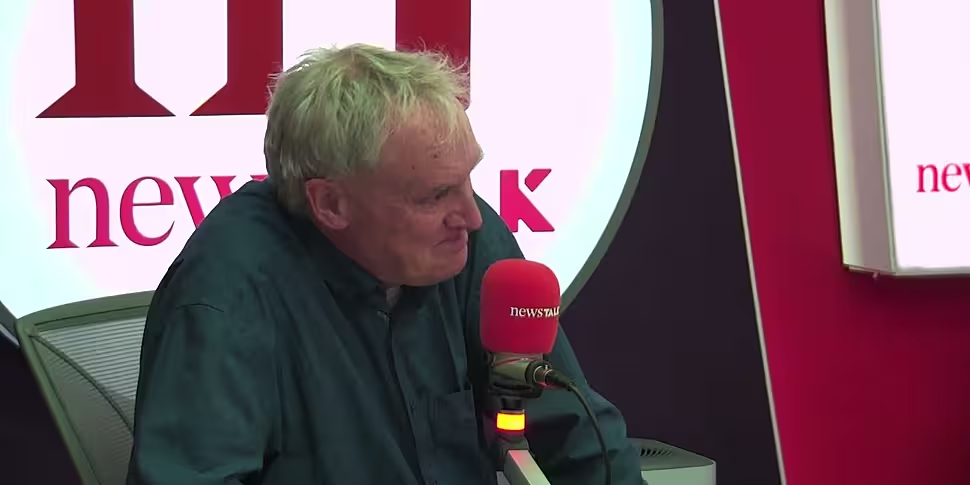Major immunology breakthroughs by Irish scientists have shown smoking can cause irreversible damage to the immune system.
Trinity College Professor of Biochemistry Luke O'Neill has been attending a number of US events showcasing their work.
The scientists have been focusing on the study of Long COVID and the immune responses of smokers.
Prof O'Neill told The Pat Kenny Show another Irish immunologist, Darragh Duffy based at the Pasteur Institute in Paris, has discovered how smoking affects your immune system.
"What he's found is smoking really damages your immune system," he said.
"You might have imaged that would have been the case because we know smoking is very bad for us but people have focused more on things like lung cancer.
“Darragh's work is showing that smokers' immune system gets damaged".
Prof O'Neill said the study examined around 1,000 people who were smokers and non-smokers aged between 20 and 69.
"He took blood from them and then measured the immune response in the blood," he said.
"Lo and behold, the ones who were smokers had a damaged immune response.
He was able to recreate a viral infection in a test tube and the smokers' immune system wasn't as good.
"So, whatever smoking is doing it's getting into the immune system and causing it to work less effectively".
 A man smokes a cigarette in July 2011. Image: RayArt Graphics / Alamy
A man smokes a cigarette in July 2011. Image: RayArt Graphics / AlamyProf O'Neill said the study also revealed that one part of a smoker's immune system never fully recovers.
"One part of the immune system, called the adaptive immune system which involves T cells... they take a lot longer to recover.
"Years after you've quit, there's some evidence the T cells aren't working properly.
"The innate side, which is the more fundamental side, that does recover - there's a difference now between the two parts of the immune system.
"The adaptive part remains damaged," he added.
Prof O'Neill said even years after people quit smoking, they are more prone to inflammatory-type diseases, such as lung disease.
Long COVID
Prof O'Neill explained a team from Dublin has also given more insight into the brain.
"Matt Campbell and Colin Doherty, both from Trinity, have recently made a big finding in relation to the brain and how the brain gets damaged during Long COVID," he said.
"There's all these brain symptoms with Long COVID - fatigue, brain fog, headaches, malaise - and the big mystery is what's happening in the brain when you have those symptoms.
"Matt's team has now shown there's a breach in the blood-brain barrier.
"The blood-brain barrier is a very important thing; it isolates the brain away from our blood system."
 MRI scans in patients with Long COVID with or without brain fog. Increased 'leakiness' of the blood vessels is seen indicated by the red signal. Image: Trinity College Dublin
MRI scans in patients with Long COVID with or without brain fog. Increased 'leakiness' of the blood vessels is seen indicated by the red signal. Image: Trinity College DublinProf O'Neill said this breach could see leaking from the bloodstream to the brain.
"Using very elaborate imaging technologies they've seen this is slightly breached in people with Long COVID.
"What that might mean is that immune components leak, as it were, from the blood into the brain.
"They in turn might then be causing some of these symptoms, especially brain fog."
'Hopes of treatment'
Prof O'Neill said the next steps will be to try and reduce the effects of Long COVID.
"We'd love to see a treatment, because it is so common and so debilitating for so many people," he said.
"We could maybe limit this in some way or target it, that's the hope of course - ultimately this will give rise to treatment [and] a way to stop it," he added.
He said 236,000 patients were followed over time as part of the research.









